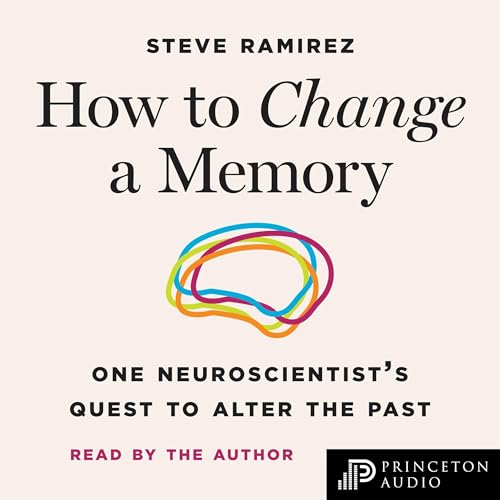
How to Change a Memory
One Neuroscientist's Quest to Alter the Past
No se pudo agregar al carrito
Add to Cart failed.
Error al Agregar a Lista de Deseos.
Error al eliminar de la lista de deseos.
Error al añadir a tu biblioteca
Error al seguir el podcast
Error al dejar de seguir el podcast
 Exclusivo para miembros Prime: ¿Nuevo en Audible? Obtén 2 audiolibros gratis con tu prueba.
Exclusivo para miembros Prime: ¿Nuevo en Audible? Obtén 2 audiolibros gratis con tu prueba.Compra ahora por $18.56
-
Narrado por:
-
Steve Ramirez
-
De:
-
Steve Ramirez
This audiobook narrated by Steve Ramirez shares his disarmingly personal account of the new science of memory manipulation
As a graduate student at MIT, Steve Ramirez successfully created false memories in the lab. Now, as a neuroscientist working at the frontiers of brain science, he foresees a future where we can replace our negative memories with positive ones. In How to Change a Memory, Ramirez draws on his own memories—of friendship, family, loss, and recovery—to reveal how memory can be turned on and off like a switch, edited, and even constructed from nothing.
A future in which we can change our memories of the past may seem improbable, but in fact, the everyday act of remembering is one of transformation. Intentionally editing memory to improve our lives takes advantage of the brain's natural capacity for change.
In How to Change a Memory, Ramirez explores how scientists discovered that memories are fluid—they change over time, can be erased, reactivated, and even falsely implanted in the lab. Reflecting on his own path as a scientist, he examines how memory manipulation shapes our imagination and sense of self. If we can erase a deeply traumatic memory, would it change who we are? And what would that change mean anyway? Throughout, Ramirez carefully considers the ethics of artificially controlling memory, exploring how we might use this tool responsibly—for both personal healing and the greater good.
A masterful blend of memoir and cutting-edge science, How to Change a Memory explores how neuroscience has reached a critical juncture, where scientists can see the potential of memory manipulation to help people suffering from the debilitating effects of PTSD, anxiety, Alzheimer's, addiction, and a host of other neurological and behavioral disorders.
©2025 Steve Ramirez (P)2025 Princeton University PressLos oyentes también disfrutaron:



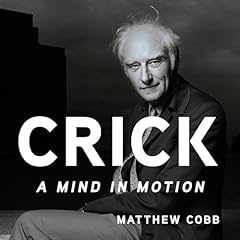


Las personas que vieron esto también vieron:





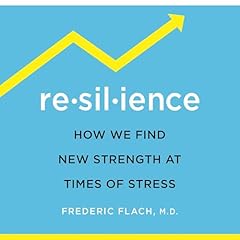
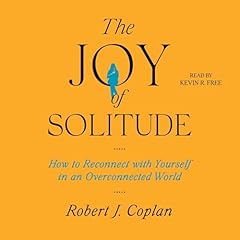

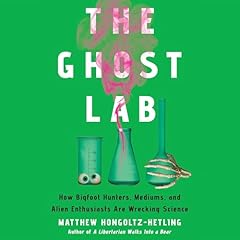









This book has some great “I didn’t see that coming” moments that kept me wanting to listen every chance I had.
Highly recommend! You’ll be amazed at what we’ve discovered, learn tools that can help with your own memories, and for me, the book unexpectedly triggered the recall of memories I think about often and many I thought had been lost—giving this book a life well beyond its pages!
Stands Out in a Crowded Genre
Se ha producido un error. Vuelve a intentarlo dentro de unos minutos.
A Story for a Lasting Memory
Se ha producido un error. Vuelve a intentarlo dentro de unos minutos.
Thoughtful
Se ha producido un error. Vuelve a intentarlo dentro de unos minutos.


